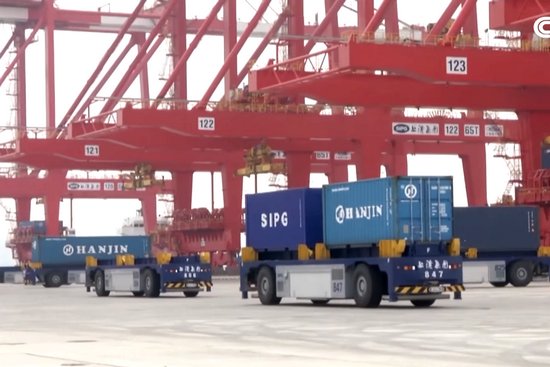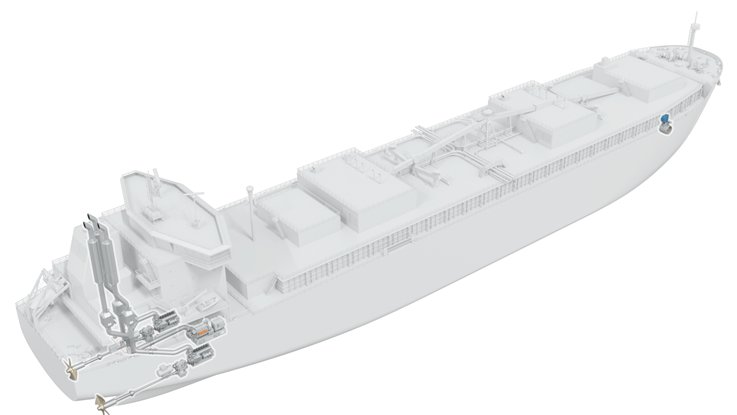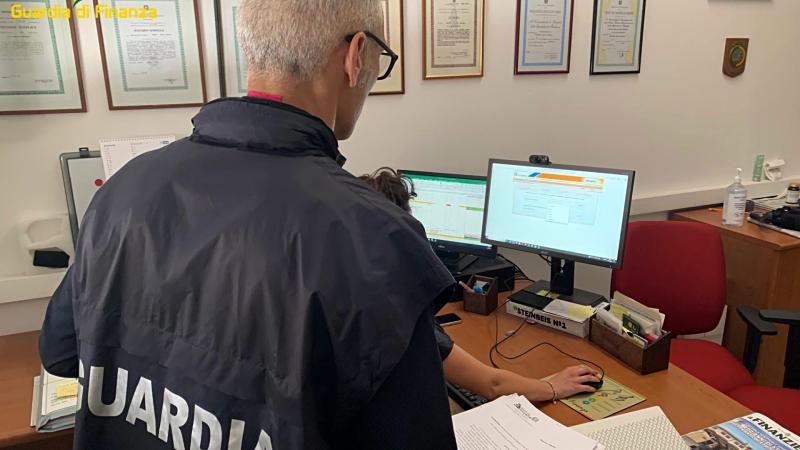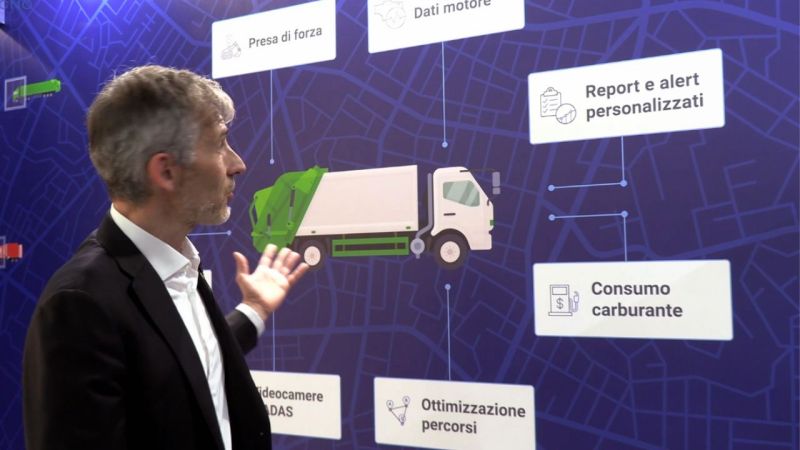The expansion of international trade has made supply chain management increasingly critical to business success. In recent years, the market for software solutions in this field has grown significantly, and it is projected to reach nearly $31 billion by 2026. In this context, Remira Italia has identified four key trends to navigate and coordinate the complex supply chain network, aiming for efficiency, transparency, and sustainability.
The first trend is investing in digital connectivity. Over the next three years, more than 40% of Chief Supply Chain Officers plan to enhance digital connectivity to improve supply chain visibility. Introducing digitalized processes like Integrated Business Planning (IBP) and Sales & Operations Planning (S&OP) will integrate all players in the information flow, facilitating continuous communication and data quality. The use of advanced technologies, such as blockchain and Internet of Things systems, combined with artificial intelligence, will improve transparency and coordination among stakeholders, ensuring greater responsiveness to changes and data-driven decision-making.
The second trend focuses on traceability and transparency. Increasing attention to stricter regulations requires companies to improve traceability of goods along the supply chain. Tools like the Digital Product Passport will revolutionize global trade, particularly in the fashion and luxury sectors, where sustainability has become essential. These solutions not only guarantee greater transparency throughout the entire supply chain but also enhance consumer trust and reduce the risk of counterfeiting, making trade fairer and safer.
The third trend is resilience, considered crucial for the future of supply chains. Companies are increasingly relying on strategies such as nearshoring, modular supply chains, and hyperlocal logistics to make their supply chains less vulnerable to disruptions. However, end-to-end supply chain visibility can be hindered by manual processes and inconsistent data, necessitating constructive collaboration between suppliers and companies. Tools like S&OP and IBP can help manage demand fluctuations and align processes with business goals, improving risk management capabilities.
The fourth trend is data integrity and consistency. Data quality is essential for the success of automation and artificial intelligence solutions in supply chains. Real-time data integration enables more dynamic and responsive operations, but its effectiveness depends on the accuracy of information provided by each player in the supply chain. Therefore, companies need governance practices and automated verification technologies to ensure data reliability and consistency, thereby enhancing the entire decision-making process.
“Today, we live in a highly interconnected global economy, linking millions of companies operating in different regions. Smooth coordination among all these parties is essential for the global economy to function properly, and it is achievable through effective supply chain management,” explains Matteo Sgatti, Regional Sales Manager of Remira Italia. “Some of the main obstacles to transparent data sharing are the diversity of systems and formats used by companies, along with manual processes that limit speed. At Remira Italia, we believe the solution lies in proactive and adaptable systems that can successfully tackle the rapid evolution of the global environment.”




























































